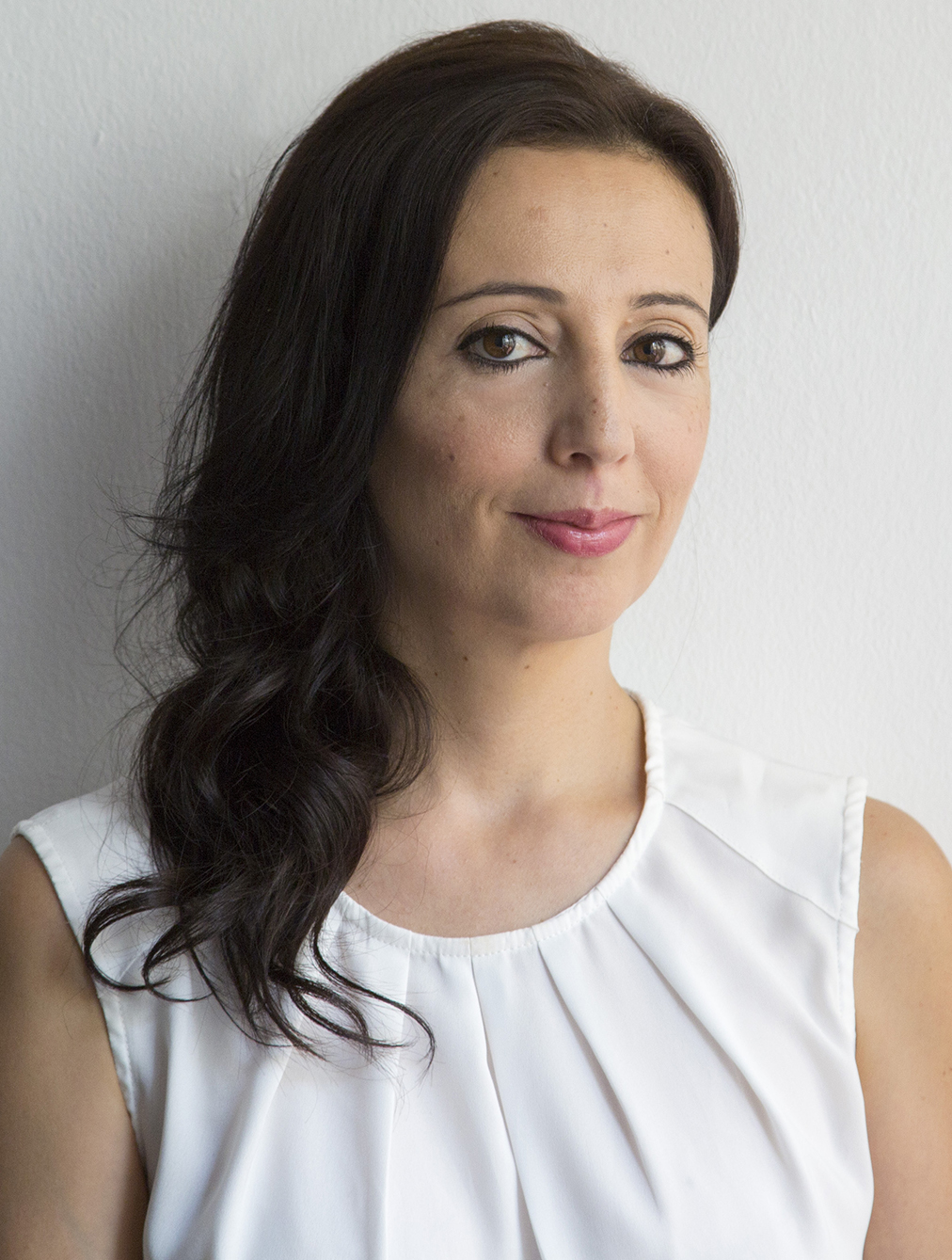
Karim Sadjadpour
Senior Fellow, Carnegie Endowment for International Peace Writer/Analyst
An expert on Iran and US foreign policy toward the Middle East, Karim Sadjadpour is sought out at the highest levels of government around the world to advise on Iran and the geopolitical implications of changes in the region. He is a senior fellow at the Carnegie Endowment for International Peace, and an advisor to the Aspen Institute's Congressional Program on the Middle East. He is also an adjunct professor at Georgetown University's School of Foreign Service.
Those born after 1979 may not remember a time when Iran was not at odds with the United States, but Karim Sadjadpour reminds us that Iran's antagonistic position is relatively recent: Over the long arc of history, Iran enjoyed warmer relations with the United States, and, for thousands of years, their Jewish neighbors. Now, as Iran continues to choose ideology over its geopolitical best interests, both its internal and external relationships continue to strain. But for how much longer?
The time has come to prepare for a post-Khamenei Iran. At age 85, Ali Khamenei is presently the world's longest-serving dictator, ruling over a relatively young population that is restless for change. With the implosion of the current regime more a question of when than if, it is crucial for the United States and its allies to understand the implications and opportunities of such a shift. When Iran begins to act like a rational state, what will that mean for the region and for the world?
Sadjadpour has written for Foreign Affairs, The Atlantic, and the New York Times, and has commentated on platforms like NPR, PBS News Hour, and CNN. He is currently writing a book on radicalism, to be published by Knopf.
Raised in the United States, he has lived in Latin America, Europe, and the Middle East, including Iran and Lebanon. He speaks Spanish, Italian, Persian, and is proficient in Arabic.
Topics
Videos
Books
This speaker does not have any books yet.
Articles
Podcasts
Testimonials
This speaker does not have any Articles yet.
Related speakers
No related speakers.




















